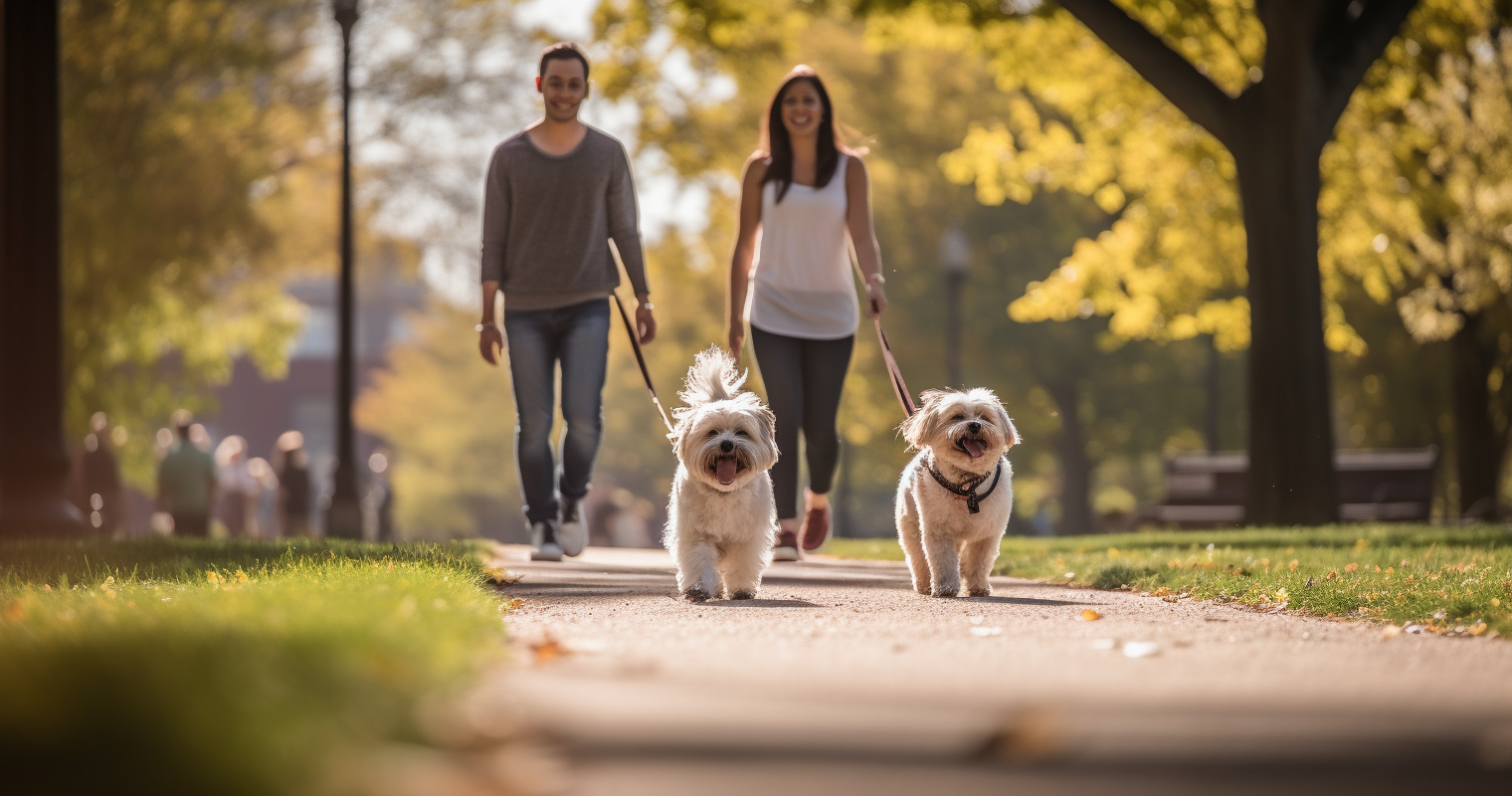Turkey is a country with a rich cultural heritage and a diverse animal population. With a population of over 80 million people, the country has a variety of attitudes towards animals and pets. In this article, we will explore the prevailing attitude towards animals and pets in Turkey, laws regarding pet ownership, major animal charities in the country, pet supply stores, and any cultural taboos or sensitivities associated with different types of animals.
Attitude to animals and pets in Turkey
Turkish people have a long-standing history of living with animals, particularly cats and dogs. The country has a large population of street animals, and it is not uncommon to see cats lounging in cafes or dogs wandering through the streets. As a result, there is a general attitude of acceptance towards animals in Turkey. Many people consider cats and dogs as part of the family and treat them with respect and kindness.
However, there are also issues with animal cruelty and neglect in the country, particularly towards stray animals. Despite laws in place to protect animals, there have been cases of abuse and mistreatment. The government has been taking steps to improve animal welfare, including enacting new laws and regulations to protect animals.
Pet Ownership in Turkey
In Turkey, there are laws in place to regulate pet ownership. According to Turkish law, pets must be registered with the local municipality and have a valid identification tag. Owners must also provide their pets with proper care, including regular veterinary check-ups, adequate food and water, and a suitable living environment.
There are also regulations on pet breeding and sales. Pet shops and breeders must be licensed and meet certain standards for animal welfare. The government has also banned the sale of certain dog breeds, including pit bulls, Rottweilers, and Japanese Tosas.
Major animal charities in Turkey
There are several animal charities operating in Turkey that work to improve animal welfare and provide care for stray animals. Here are some of the major organizations:
Hayvanseverler Derne_i (Animal Lovers Association): This organization works to promote animal welfare and prevent animal cruelty in Turkey. They provide food, shelter, and medical care for stray animals, as well as promoting spaying and neutering to control the population of stray animals.
Sahipsiz Hayvanlari Koruma ve Ya_atma Derne_i (Association for the Protection and Survival of Stray Animals): This organization focuses on providing care for stray animals, including rescue, veterinary care, and adoption services.
Lucky Paws Foundation: This organization provides shelter, food, and medical care for dogs and cats in need. They also work to promote animal welfare and raise awareness about animal cruelty in Turkey.
Pet supply stores in Turkey
In Turkey, there are many pet supply stores where owners can purchase food, toys, and other supplies for their pets. Here are some of the most popular pet supply stores in the country:
Petworld: This chain of pet supply stores has locations throughout Turkey, offering a variety of pet food, toys, and accessories.
Köpek Izmir: This online pet supply store specializes in dog products, including food, toys, and grooming supplies.
Cimri.com: This online shopping platform offers a wide variety of pet products from different brands, including food, toys, and accessories for cats, dogs, and other pets.
Cultural taboos or sensitivities associated with different types of animals in Turkey
In Turkey, dogs are generally considered to be the most popular and beloved pets. However, there are some cultural taboos and sensitivities associated with certain types of animals.
For example, while cats are also popular pets in Turkey, there is a cultural belief that cats are “unclean” and should not be allowed to sleep in the same room as people. Some people also believe that cats bring bad luck.
Similarly, there is a cultural taboo against keeping pigs as pets in Turkey, as pigs are considered to be unclean animals in Islamic tradition.
Overall, while there are some cultural taboos and sensitivities associated with certain types of animals in Turkey, pet ownership is generally widely accepted and supported by society.

